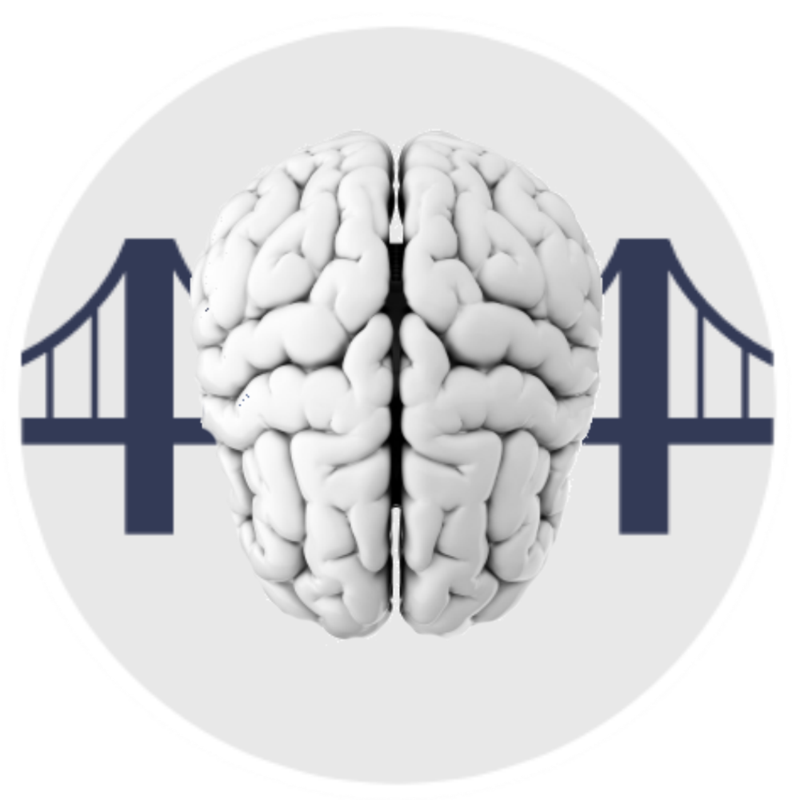Why 83% of Students Are Academically Impaired Now: Science and Strategies
by Janet Zadina on 05/03/21
Research conducted since the pandemic started and published in June 2020 shows that 50% of college students had depression and/or anxiety. We know these conditions impair learning. What is surprising, however, is that 83% said their mental health negatively impacted their academic performance. It must be bad if they are aware of the impact. Perhaps the other 17% are not aware of the impact because they are under stress and this is a normal reaction.
We might assume that the rate of anxiety and depression are just as high in younger students, but the self-awareness of the impact may not be there. The study did not look at that age group.
These are hard times for students and faculty. Anxiety, high stress, and trauma diminish the effectiveness of the frontal lobe executive functions, the part of the brain we rely on for memory, attention, self-regulation, planning, organization, control of emotions, and higher-order thinking among other processes. In order to learn effectively, this must be addressed.
I address this topic at length in my presentation The Hidden Learning Disability of Anxiety, Stress, and Trauma: Science and Strategies http://www.brainresearch.us/blog.html?entry=anxiety-stress-trauma-and-the and aspects of it in blogs http://www.brainresearch.us/blog.html In this brief newsletter, I would like to share one of the most important strategies you can do right now to help protect your students from the long-term effects of pandemic brain.
One early study of students after Hurricane Andrew found that one of the most important factors that predicted whether students would recover quickly from post-traumatic stress disorder or have long-term chronic issues with it was CSE, Coping Self-Efficacy.
Self-Efficacy is defined as the belief that one can influence things to some degree even in an unpredictable or apparently unchangeable situation. Self-efficacious individuals believe that they have strengths or the ability to overcome difficult or challenging situations and have good problem-solving skills. Neuroimaging research indicates that people with high self-efficacy show changes in brain activation in the areas of the frontal lobe linked to emotional regulation, a key area related to educational and life outcomes.
While most people recover quickly from trauma, some do not. According to Birgit Kleim at the University of Zurich, “self-efficacy is a key element of resilience.” Later research has supported the premise that self-efficacy protects against long-term effects of trauma.
Researchers at Yale and NUS in Singapore find that resilience skills can be taught. Self-belief and trust in one’s abilities (self-efficacy) was one of the skills they suggest we can teach.
How do you teach this? That is a big subject. You may want to examine some of the basic research on self-efficacy. I have included articles at the end.
In this brief piece, let me give you strategies to get you started and hopefully stimulate your interest into looking into this further. Keep in mind that what we are trying to do is to help the student feel competent and capable of handling what is being thrown at them. It is not to deny that there are problems or challenges but rather to focus on the ability to handle those problems and challenges.
1. Provide choice: A feeling of having a choice is highly protective. Obviously, during a natural disaster or a pandemic, our choices become severely limited. We feel as if we have no choice. But we do have choice about many things so point those out. Also, provide students a choice wherever possible. Let them decide between doing problem set A or problem set B. On a test, group questions and let them answer 4 out of 5 in a set. You don’t have to offer choice for all questions, just some. Offer a homework menu of options for firing and wiring what they are learning.
2. Talk about it: Talk about how well they are coping. Watch for evidence of how well they are handling the challenges and point that out. Remind them: “you have survived all the worst days of your life so far.”
3. Reframe: Watch for statements that are self-defeating and reframe them for students. Instead of “I am stuck at home”, remind them it is more helpful to think “I am safe at home”. If they say, “everything is too hard”, reply with a statement such as “yes, some things are hard right now and let’s work on that.”
4. Writing: An article in the journal Emotion by Schulz, Brown & Kleim supports the growing body of research showing that recalling memories of self-efficacy – times when one has handled a challenge – reduces the effects of trauma, including on emotional regulation and problem solving. Ask students to recall in writing (that you do not read – journal writing) or aloud if the situation is conducive. The researchers used prompts such as “having a successful conversation, passing a difficult exam, or giving a presentation.“ (University of Zurich. "Reflecting on your own capabilities boosts resilience." ScienceDaily. ScienceDaily, 10 March 2021. <www.sciencedaily.com/releases/2021/03/210310122450.htm>.) This was found to “have a far greater impact than recalling a positive event” in boosting resilience.
5. Imagery: Research in student athletes has shown the effectiveness of mental imagery in increasing self-efficacy. Visualization is a powerful force in the brain. In fact, neuroimaging research has shown that even imagining a movement can strengthen the muscle or create change in the brain. Have students take a moment and imagine how ta role model of theirs would handle a situation they are confronting. Then have them imagine themselves handling it in a similar way.
6. Helping others: Ryan and Deci who founded a motivational model called SDT (self-determination theory) propose that people have three basic psychological needs, with one of them being competence. They define that as feeling effective – self efficacy. The other basic needs are autonomy and relatedness. They suggest that helping others incorporates all three of these needs.
One way you can incorporate this is by having students teach each other. This practice is very brain-compatible in many ways and can activate the sense of helping or compassion. It also increases self-efficacy when a student enables another student to understand or realizes that they themselves understand a concept better by having explained it.
Another way to build self-efficacy is through service projects. Look for ways that you can incorporate service to others as part of a learning experience. Can your students work with younger students on reading or math? Can struggling readers read to day care children or elderly at senior living homes? Older students can engage in complex projects that also benefit the community.
Of course many more strategies are offered in my presentation. http://www.brainresearch.us/blog.html?entry=anxiety-stress-trauma-and-the
For information on this, reply to this email or go to http://www.brainresearch.us/invite.html
Here is some relevant information for delving deeper:
Bandura, A. (1982). Self-efficacy Mechanism in Human Agency. http://tecfaetu.unige.ch/etu-maltt/wall-e/gosetto0/bases/mooc_motivation/ressources_motivations/auto-efficacit%C3%A9_bandura.pdf


